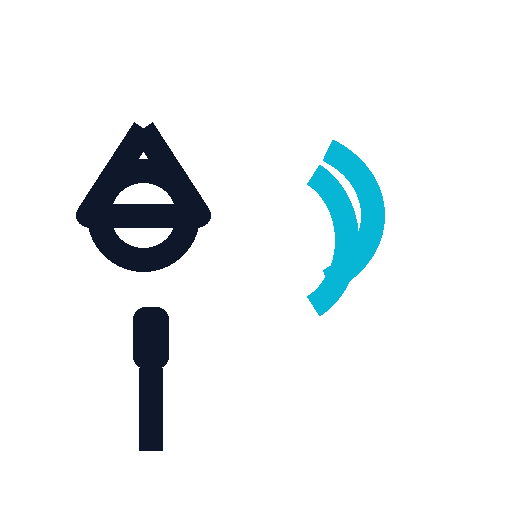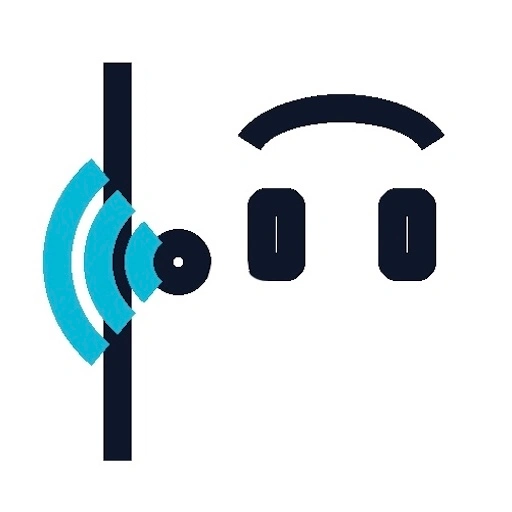Same -day service *
1- Year Repair Warranty | Licensed Pressure Testing
If you suspect your pool is losing water faster than normal, LeakTech’s certified team in Scottsdale can help. Using advanced diagnostic tools like hydrophone listening, pressure testing, and dye tracing, we accurately detect even the smallest leaks — without draining your pool. Fast, precise, and local service trusted across Scottsdale and Paradise Valley.
Licensed • Bonded • Insured
AZ ROC #329803 — Swimming Pool Service/Repair
AZ ROC #360185 — Licensed Plumbing Contractor
CR-37 — Dual Residential & Commercial

One of the most reliable ways to diagnose pool plumbing issues is through pressure testing. This method isolates each underground line - skimmer, return, spa, main drain, water feature, or auto-fill - to see where water loss is taking place.
Why Pressure Testing Matters?
- Finds leaks that cannot be seen at the surface
- Prevents structural damage by catching problems early
- Gives precise results compared to trial-and-error
- Avoids unnecessary digging or repairs.
How We Do It?
Lines are sealed and pressurized with air or water, while gauges monitor any loss. If pressure drops, the leak is confirmed in that line and can be traced for repair. It’s a safe, accurate, and industry-proven method for pool leak detection.

Sometimes the simplest tools are the most effective. The bucket test is designed to show whether water loss is just natural evaporation or the sign of a hidden leak. By comparing the water inside a bucket to the pool itself, the difference becomes clear.
Why the Bucket Test Matters?
- Separates normal evaporation from true leaks.Saves time and money before advanced testing
- Provides dependable results beyond guesswork
- Reduces unnecessary service or repairs
How We Do It?
A bucket filled with pool water is set on a step, marked alongside the pool’s waterline. After 24 hours, the two levels are compared. If the pool drops more than the bucket, a leak is confirmed. It’s quick, accurate, and the standard first step in any professional evaluation.

HYDROPHONEFor leaks hidden in underground plumbing or around fittings, listening technology offers a big advantage. The hydrophone test uses sensitive underwater microphones to detect the exact sound of escaping air or water.
Why Hydrophone Testing Matters?
- Locates leaks that other methods can’t detect
- Allows precise pinpointing without unnecessary digging
- Works even in complex pools with multiple features
- Saves money by speeding up the repair process
How We Do It?
A hydrophone is placed in the pool water while lines are pressurized with air. The device picks up the distinct “hissing” sound made by air escaping through the leak. This advanced acoustic method is highly accurate and a trusted standard in professional leak detection.

When leaks are suspected near fittings, lights, or cracks, a dye test is a simple but powerful tool. This approach uses special dye that reveals whether water is being pulled into a suspected problem area.
Why Dye Testing Matters?
- Targets visible cracks, seams, or fittings
- Provides visual proof of a leak
- Works well around lights, drains, and tile lines.Helps confirm where repairs are needed
How We Do It?
A small amount of dye is released near the suspected leak point. If there is suction, the dye is visibly pulled into the crack or opening. This direct method makes it easy to confirm leaks in plaster, grout, or around pool components without invasive work.

Some leaks are nearly impossible to locate by sight alone. That’s where ultrasonic listening comes in. This advanced method uses highly sensitive equipment to pick up the faint sounds of water escaping from plumbing lines or structural cracks.
Why Ultrasonic Listening Matters?
- Detects leaks hidden deep in plumbing or concrete
- Avoids unnecessary digging or breaking surfaces
- Works even when other tests provide limited results
- Saves both time and repair costs by pinpointing the leak location
How We Do It?
Specialized listening devices are placed around the pool’s plumbing and structure while the system is pressurized. These instruments capture ultrasonic frequencies created by escaping water or air. By following the sound signature, we can trace the exact location of the leak with high precision, ensuring targeted and effective repair.